 Abraham Lincoln
If given the truth, the people can be depended upon to meet any national crisis...
Abraham Lincoln
If given the truth, the people can be depended upon to meet any national crisis...
 Guildford news...
for Guildford people, brought to you by Guildford reporters - Guildford's own news service
Guildford news...
for Guildford people, brought to you by Guildford reporters - Guildford's own news service
Birdwatcher’s Diary No.46
Published on: 2 Oct, 2013
Updated on: 2 Oct, 2013
By Malcolm Fincham
Mid-September brought with it several reports my way of at least two ospreys in the Surrey area, one of which had spent several days fishing by a lake in Wonersh for a third successive year while on migration. And a fellow birdwatching enthusiast also reported seening a second on one occasion.
That was probably the one that was seen over Unstead sewage farm on September 15. Only seen occasionally in Surrey during migration time, ospreys have become quite a success story in Scotland where numerous pairs now breed.
An interesting fact is that as soon as their young are able to fend for themselves, by catching fish, the adult osprey will leave them and head for its winter home in Africa, with the juveniles then having to find their own route to their winter homes.
Although I wasn’t fortunate enough to get a view myself, the above photo I took while visiting the Scottish Highlands in 2012.
Clear bright skies on the evening of September 18 gave me the opportunity to attempt a few pictures of the many house martins feeding along the river just beyond Sutton Place. Also seen in other semi-rural areas around Guildford, many of these have also been making their way back from more northerly breeding grounds.
While attempting to take a good deal of shots, I was grateful of today’s ‘digital age’ knowing that 99% of the pictures would be deleted due to lack of quality. I could never have taken so many shots in the days of using film in the camera!
I also saw a few sand martins, distinguishable by their brown neck bands.
Click to see identification of hirundines.
While attempting these shots I was distracted by some movement on the far bank of the river. It was an inquisitive stag roe deer possibly wondering what on earth I was up to.
As the sun began to sink low due west, to the east the moon rose over the trees. To be precise it was a harvest moon, it being the full moon closest to the autumn equinox.
It was given its name as an important one in days prior to electric lights and also for allowing farmers extra time to gather crops.
On the subject of crops, it’s certainly been an exceptional year for fruit with many shrubs and tree branches bent double with berries of different kinds. Most noticeable are the hawthorn, rowan, blackthorn and the sloe, to name but a few.
With combination of the wet sub soil from last year, a cold winter and such a warm, dry summer that has followed, the conditions have been perfect in my view for Mother Nature to work her magic!
Speaking of such, I personally think this could be like last year – another magical colourful autumn leaves. I hope to be able to get some good sights and pictures of this year’s ‘fall’ in the coming weeks ahead.
A few remnants of summer can still be see locally, including the photos I took of dragonflies and even a few speckled wood butterflies.
And noticeable on Stoke Lake is the great crested grebe, now in its winter plumage.
I’m also expecting to hear the ”tseep” sounds of the first flock of redwing of this autumn as they fly overhead. These I am expecting to arrive on their winter visit from Scandinavia any day or night, as they are renown for calling in flight, even on the foggiest of nights, along with some fieldfare.
I might be able capture their happy faces when they see a glut of berries to welcome them.
Despite missing out on photo opportunities on several sightings I’ve had of kingfishers skimming across our local waters in recent days, the month ended on a high point. On Sunday, September 29, I visited Keyhaven on the Hampshire coast with a small posse of birdwatching pals.
Most of our summer migrant birds seem to have now left our shores. None could be seen about that day, just a few groups of small wading birds including dunlin and ringed plover, along with a group of turnstones, all now arriving from their northern breeding grounds.
But to complete the day a lucky snap shot of a kingfisher as it briefly perched on a branch near the car park no more than 25 yards away.
And so our spell of a late Indian summer draws to a close?

Click on cartoon for Dragon story: Public Asked for Views on SCC’s Proposal for Reduced Speed Limits


Recent Articles
- Care For Guildford Asks: Could You Be One Of Our Volunteers?
- Flashback: There Are Lessons To Learn from the Juneja Case – The Council Must Admit It
- GBC’s Plan For a Thriving Guildford ‘Is Our Promise to Residents’ Says Council Leader
- Highways Bulletin: Campaign for Better Transport
- Check on Forgetful Neighbours During Hot Weather Urges Alzheimer’s Society
- Guildford Museum Works to Encourage Interest in Town’s History
- Missing 15-year-old Girl Located
- What Ash Wants – Village’s Neighbourhood Plan Goes Out for Consultation
- St Nicolas’ Infant School Celebrates ‘Good’ Ofsted Rating
- Former Guildford Policeman Admits Misconduct In Public Office


Search in Site
Media Gallery
Dragon Interview: Local Artist Leaves Her Mark At One of England’s Most Historic Buildings
January 21, 2023 / No Comment / Read MoreDragon Interview: Lib Dem Planning Chair: ‘Current Policy Doesn’t Work for Local People’
January 19, 2023 / No Comment / Read MoreA3 Tunnel in Guildford ‘Necessary’ for New Homes, Says Guildford’s MP
January 10, 2023 / No Comment / Read More‘Madness’ for London Road Scheme to Go Ahead Against ‘Huge Opposition’, Says SCC Leader
January 6, 2023 / No Comment / Read MoreCouncillor’s Son Starts Campaign for More Consultation on North Street Plan
December 30, 2022 / No Comment / Read MoreCounty Council Climbs Down Over London Road Works – Further ‘Engagement’ Period Announced
December 14, 2022 / No Comment / Read MoreDragon Interview: GBC Reaction to the Government’s Expected Decision to Relax Housing Targets
December 7, 2022 / No Comment / Read MoreHow Can Our Town Centre Businesses Recover? Watch the Shop Front Debate
May 18, 2020 / No Comment / Read More



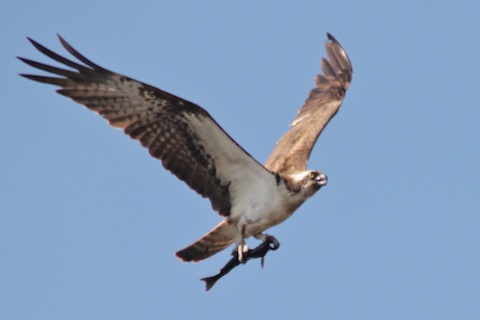
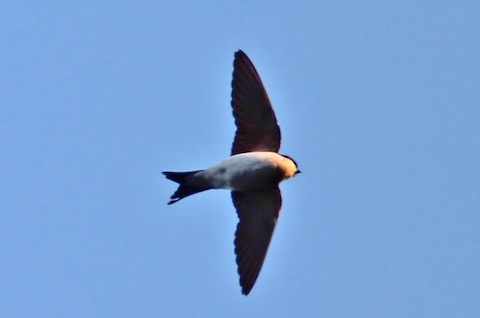
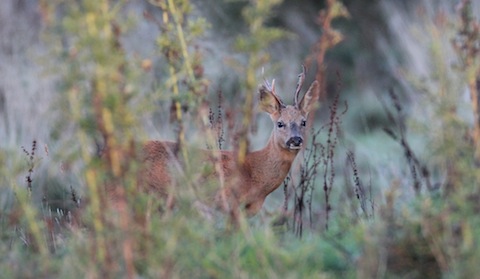
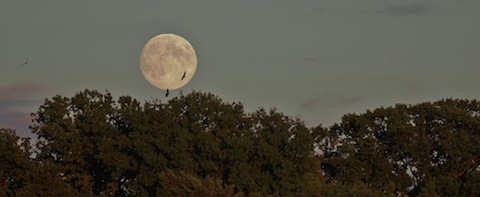
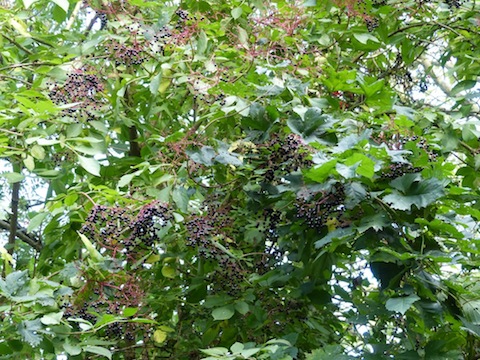
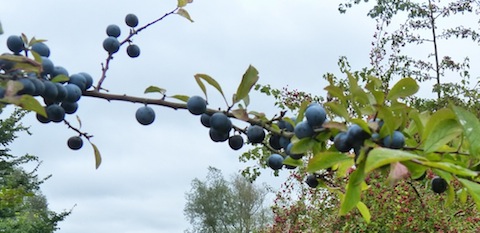
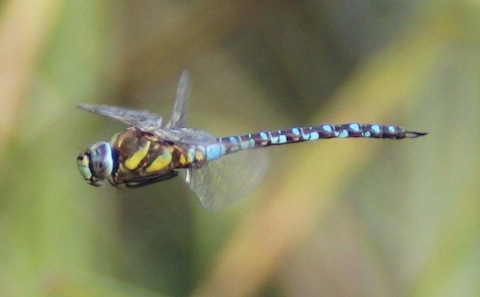
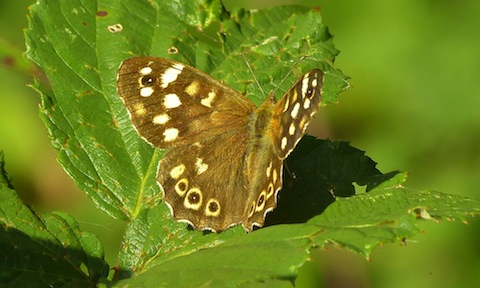
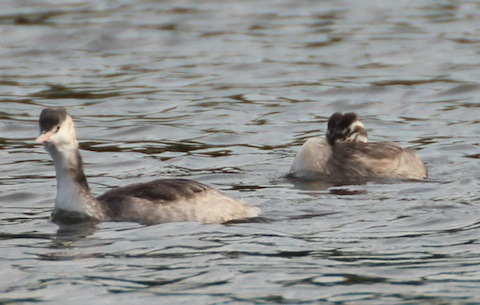
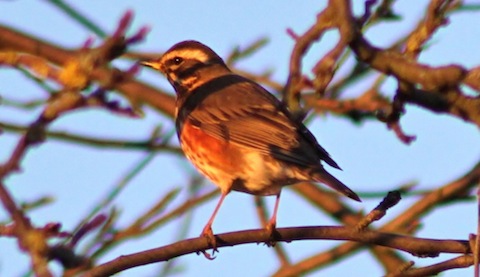
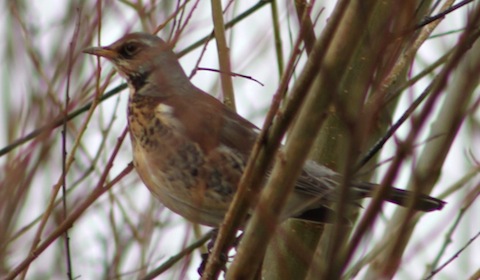
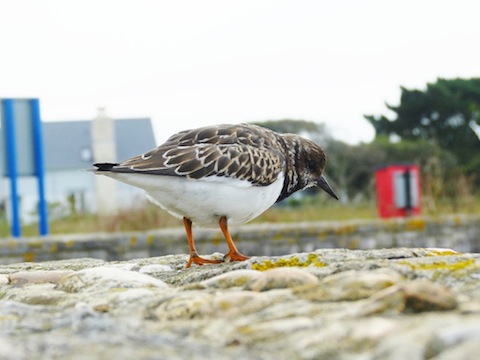
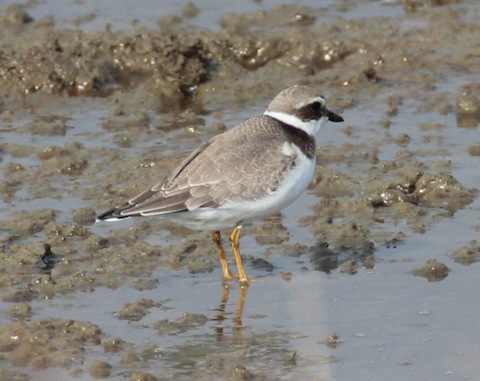
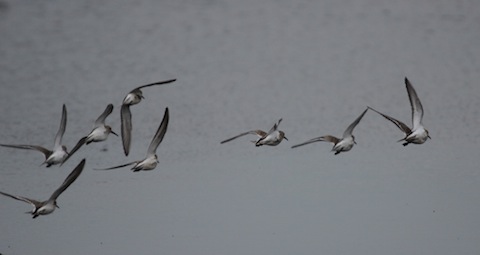
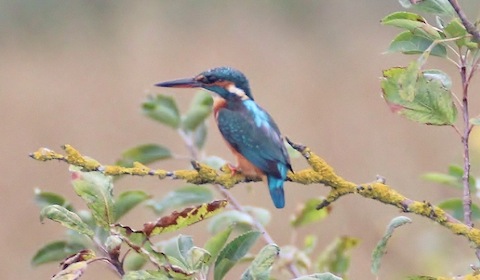



Recent Comments